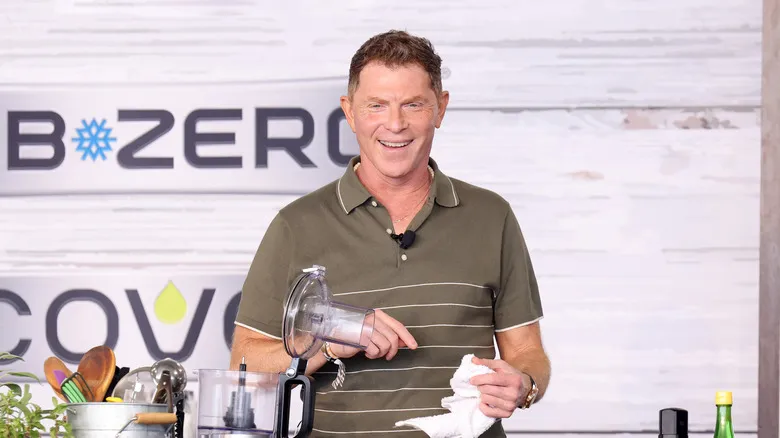So, should you wash your chicken or not?
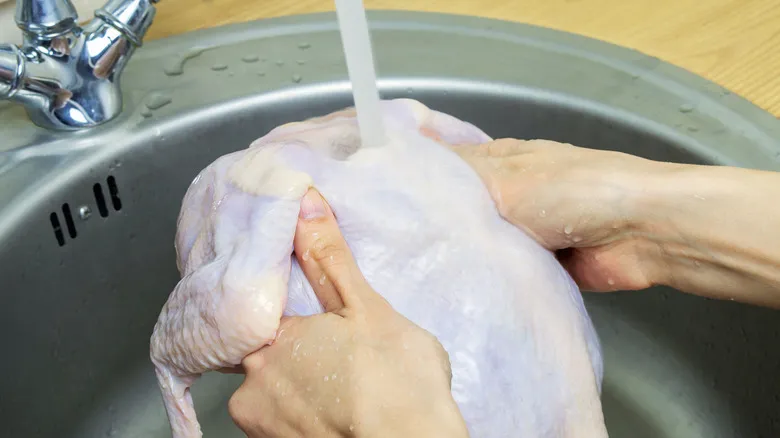
While tradition, the source of meat (such as a local farm versus a supermarket), and certain recipes might suggest rinsing your poultry, washing chicken is actually a food safety error. Numerous studies have shown that "washing" raw, store-bought chicken—essentially just rinsing it under the tap—does more harm than good. The USDA considers it a choice, but one that is not recommended, as this practice can easily spread bacteria from the sink to cooking surfaces and beyond. Even the Food Network, the platform that propelled Bobby Flay to culinary fame, has strongly advised against washing chicken.
Instead of removing real or perceived contaminants, washing chicken merely splatters bacteria everywhere, regardless of how cautious the person washing it believes they are. Salmonella—are you familiar with it?
If sanitation is your primary concern, treat your retail chicken as if it were hazardous waste, but refrain from washing it. You wouldn’t wash hazardous waste, would you? When you're ready to cook, promptly discard any packaging and place the chicken on a designated cutting board. Pat it dry with paper towels and then throw those away immediately. Use separate tools for preparation, and wash your hands after any contact with the chicken. Clean the surfaces and tools as soon as possible to avoid any mix-up with uncontaminated items. Always ensure that chicken is cooked to a safe temperature of 165 degrees Fahrenheit to eliminate bacteria.
Recommended
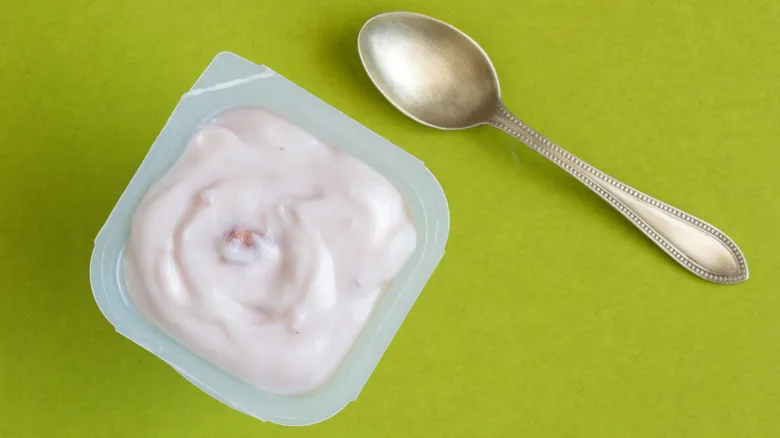
The Last Day You Can Still Eat Yogurt After Opening It
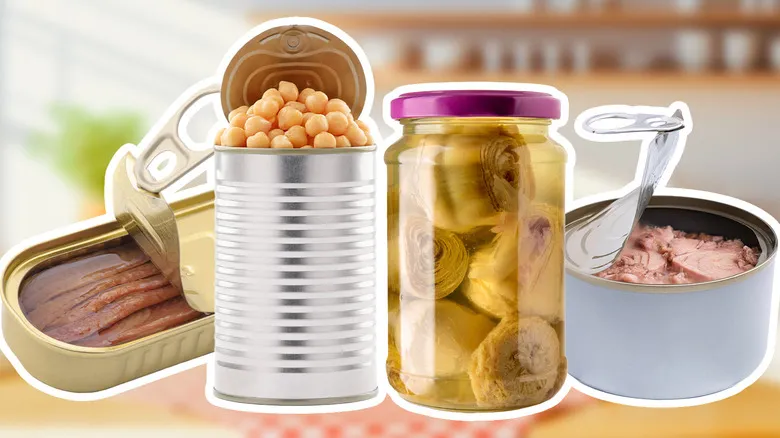
11 Canned Foods That Are Just As Good As Fresh, According To Chefs
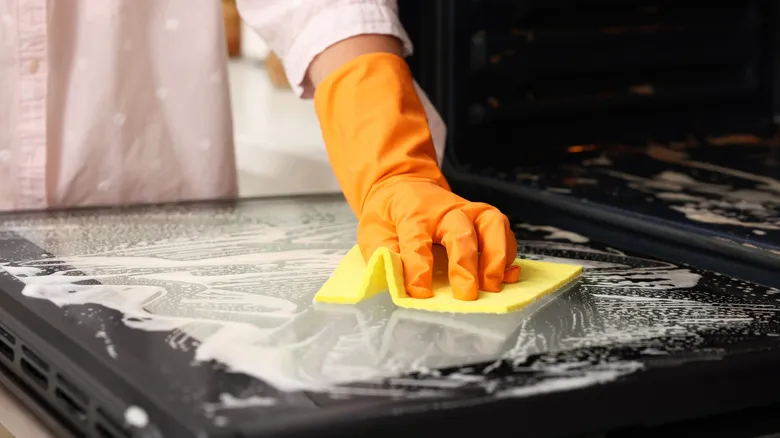
Everything You Need To Clean An Oven Door Is In Your Pantry
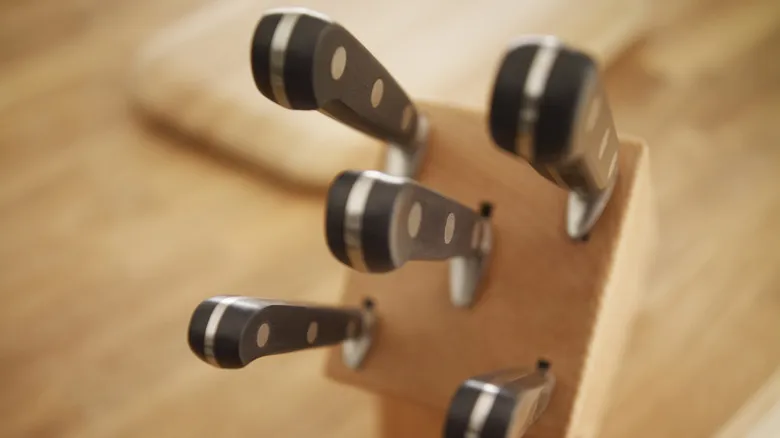
How This Common Habit Turns Your Knife Block Into A Safety Hazard
Next up

